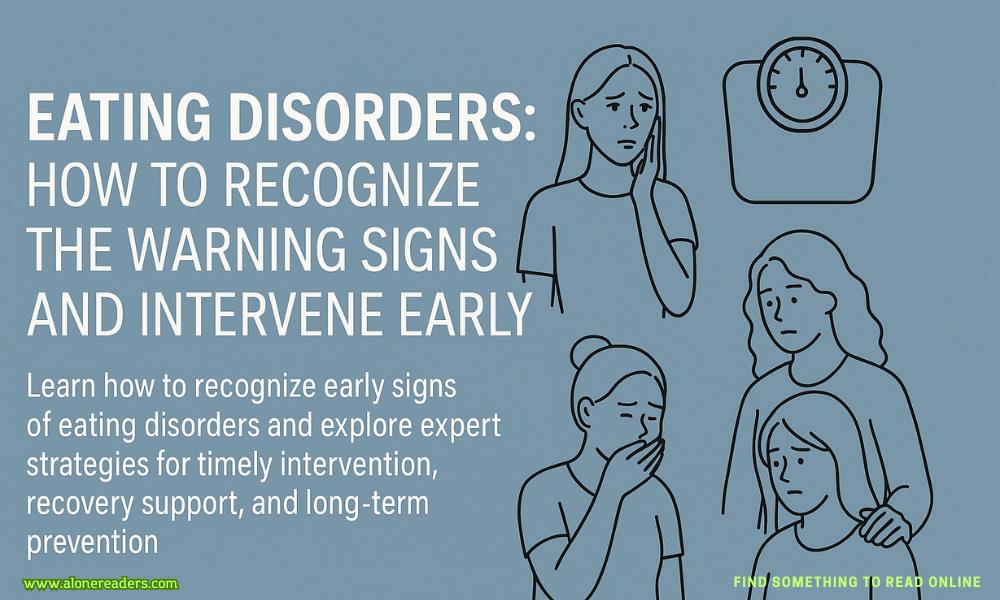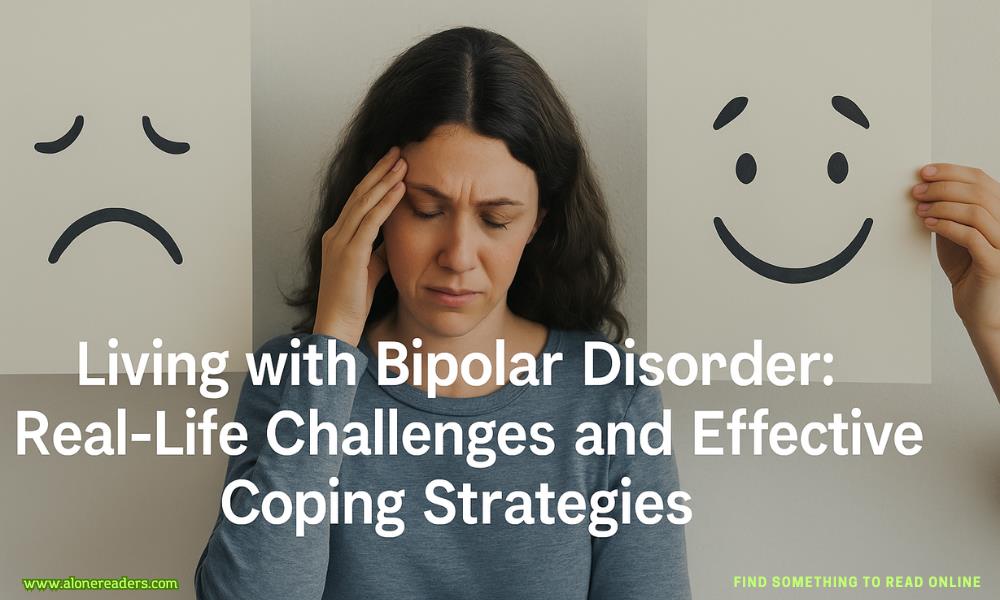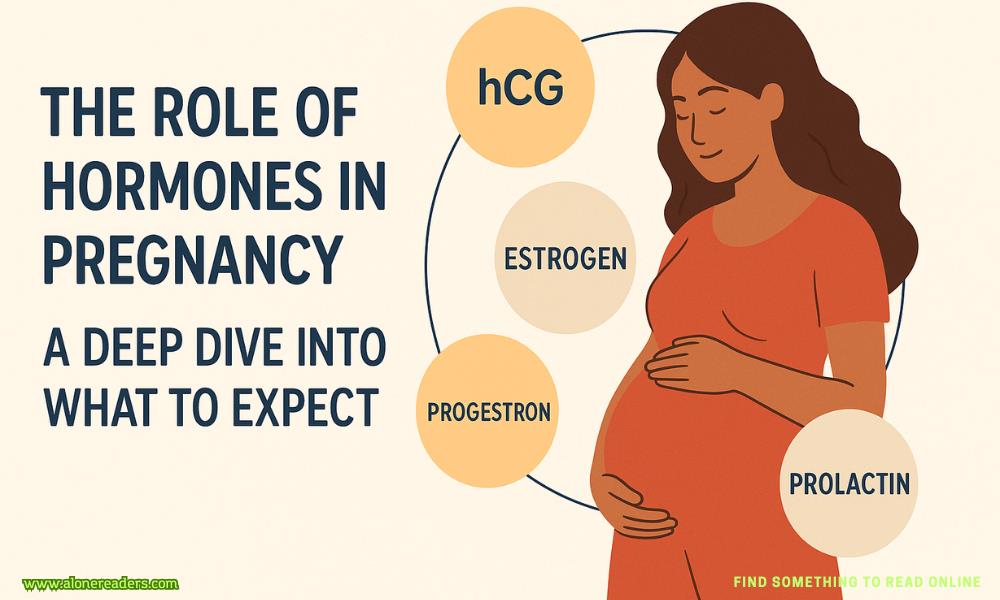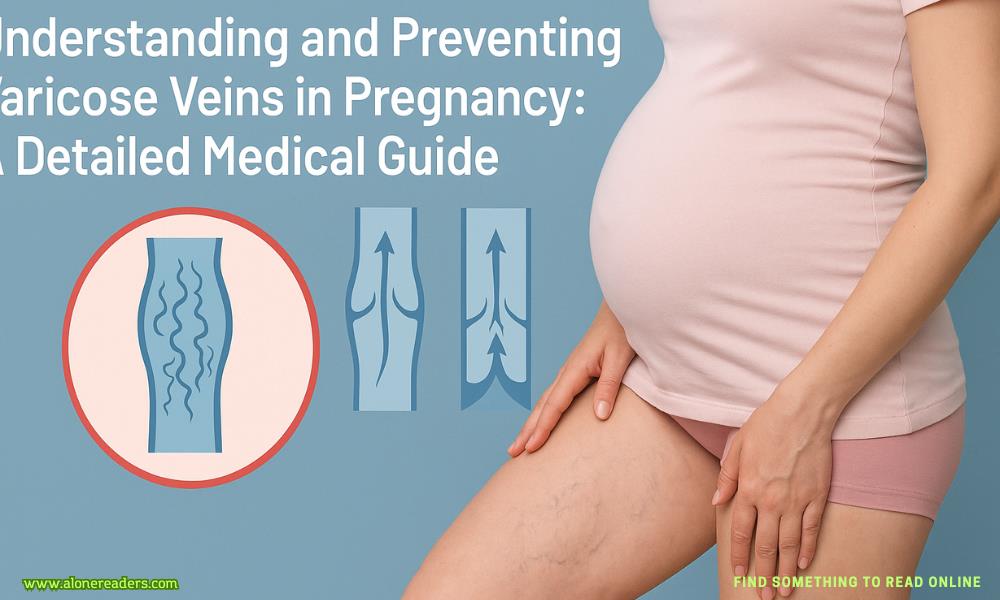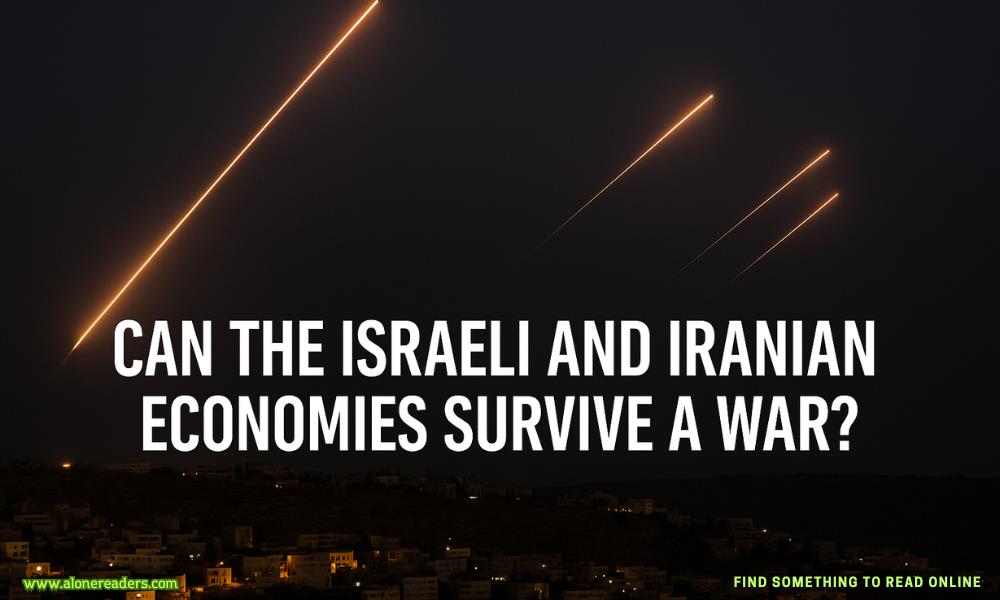Page 97 of Knot Their Fated M.U.S.E
He finally lowers the weapon, safety engaging with mechanical precision before he turns to face me directly.
His expression holds the carefully constructed neutrality of someone who's rehearsed this conversation in private but hoped never to have it in reality.
"It was a matter of convenience," he states with clinical detachment that would make institutional researchers proud. "And it was obvious you were the better twin."
The words land like physical blows despite their calm delivery.
Better twin.
As if we were products being evaluated for market value rather than children deserving equal protection and consideration from the parents who brought us into existence.
"Better how?" I demand, feeling rage build in my chest with familiar heat. "Better at surviving torture? Better at adapting to systematic abuse? Better at becoming the weapon they wanted to create?"
His expression doesn't change despite the acid in my tone.
"Better at thriving despite adverse circumstances," he corrects with infuriating calm. "Better equipped to handle the challenges that institutional existence presents. Better able to emerge intact rather than broken."
Understanding dawns with sickening clarity—he's not expressing regret or acknowledging the cruelty of his choice.He's defending it, justifying the decision through twisted logicthat places survival ability above parental obligation or basic human decency.
"You should be grateful we retrieved you," he continues, the words carrying entitled expectation that makes my hands clench into fists. "Freedom is a privilege many never experience. You should be thanking us consistently instead of pestering me with questions about decisions already made and implemented."
The dismissal in his tone ignites something volatile in my chest—years of suppressed fury at institutional injustice now finding a new target in the man who facilitated that injustice through willful collaboration and calculated sacrifice of one daughter to purchase another's liberty.
"Grateful?" The word emerges sharp enough to cut glass. "You want me to be grateful that Nyx is suffering through experimental madness while I get to play pretend civilian in a life that was never meant for me?"
I step closer, invading his personal space with deliberate aggression that makes him step backward despite his military training and enhanced reflexes.
"She's already tainted and ruined by the madness they put her through for that first year," I continue, voice rising with each word. "But at least she's strong enough to survive it, right? At least she can endure whatever they're doing to her while I get to wear pretty dresses and attend charity galas and pretend money makes up for having my sister trapped in institutional hell?"
His face remains impassive despite the venom in my voice, years of government service having taught him to maintain composure even under direct assault. But something flickers in his eyes—recognition perhaps, or guilt carefully suppressed beneath layers of rationalization and willful ignorance.
"What the fuck is money," I spit, "when my sister could be dead because her supposedly civilized parents decided she was the weakest link of the two?"
The question hangs between us like a drawn blade, sharp enough to pierce whatever comfortable delusions he's constructed around his choices.
For a moment, his carefully maintained facade wavers—just long enough for me to catch a glimpse of the man who knows exactly what his decision cost and chose to pay that price anyway.
He sighs heavily, the sound carrying more emotion than his words have managed to convey throughout this entire confrontation.
Without breaking eye contact, he raises the pistol and fires—the shot going even wider than before, missing the target entirely to embed itself in the earthen backstop.
The missed shot seems to crystallize his frustration with this conversation, with my refusal to accept grateful silence in exchange for purchased freedom. He strides toward me with military precision that speaks to controlled aggression barely held in check.
When he stops mere inches from my face, I can smell the whiskey on his breath despite the early hour—liquid courage or liquid guilt, impossible to determine which motivational factor drives his day-drinking habits.
"It was a decision I will gladly live with for the rest of my life," he whispers, voice carrying absolute conviction beneath the alcohol-tinged breath. "And I don't regret it in the slightest. So you should leave me alone to shoot my targets and deal with my mental health rather than pestering me about what's already been done."
The admission carries brutal honesty that cuts deeper than any insult or dismissal could manage.
He's not claiming ignorance or necessity—he's acknowledging the deliberate choice made with full awarenessof consequences and expressing satisfaction with the outcome despite its cost in human suffering.
"Now," he continues, stepping back to reclaim his shooting position with mechanical precision, "you should aim to be a normal omega who will find a pack to submit to and integrate with society. Stop dwelling on institutional nightmares and focus on building the life we purchased for you."
Normal omega.
Submit to a pack.
Integrate with society.
- The Christmas Eve Delivery by Ava Gray
- Silver Fox Mountain Daddies by Roxy Monroe
- Mortify by Elizabeth Knox
- Forbidden Sins by M. James
- Saved By a Knight by Lena Little
- Beastly Boss by Cameron Hart
- Wild Daddy by Dani Wyatt
- Reluctantly Yours by Missy Walker
- The Biker's Forbidden Craving by Khloe Summers
- Made for Reign by Stella Banks
- The Merciless Don's Bride by Ashlie Silas
- Forsaken Vows by Shantel Davis
- Zero Chance by Linda Kage
- Soul to Possess by E.M. Adams
- Sweet SIN Slaughterhouse by Kinsley Kincaid
- Marked By Him by Sienne Vega
